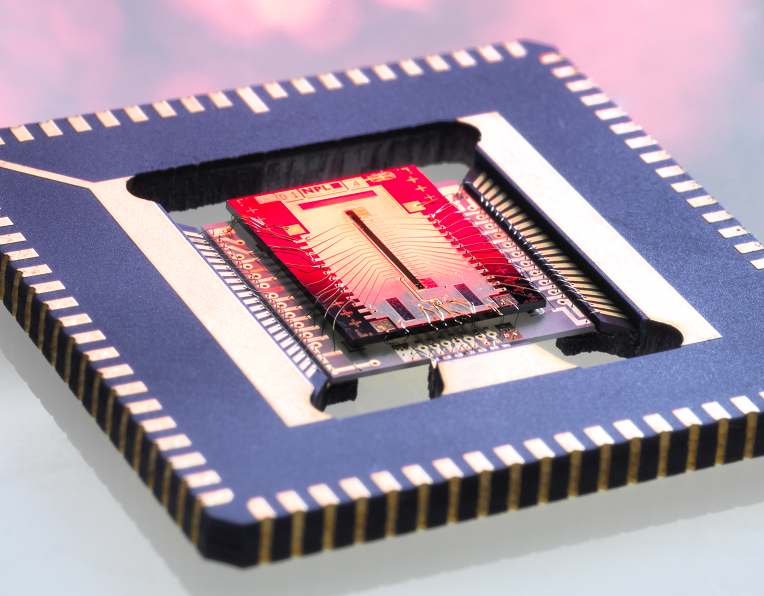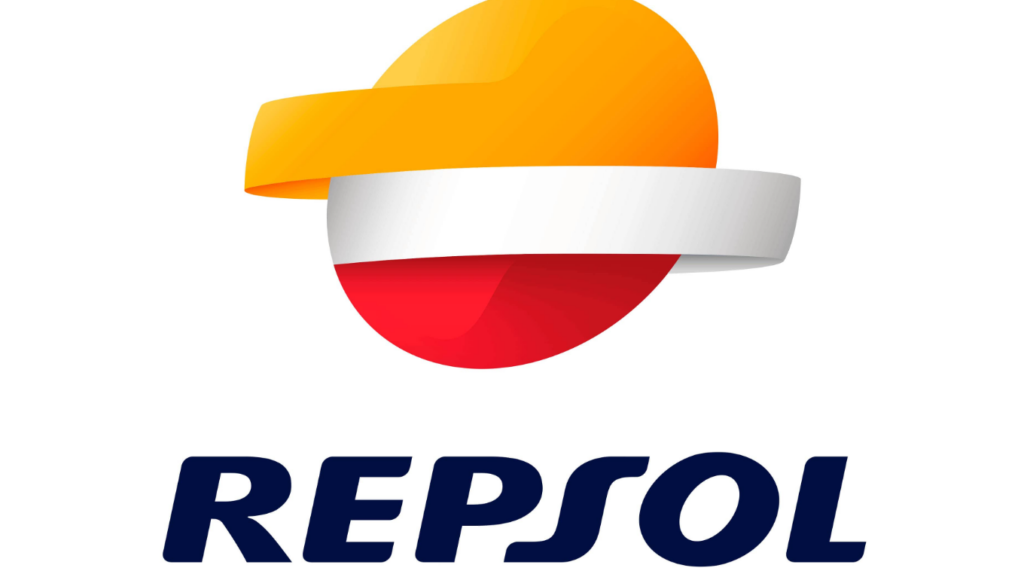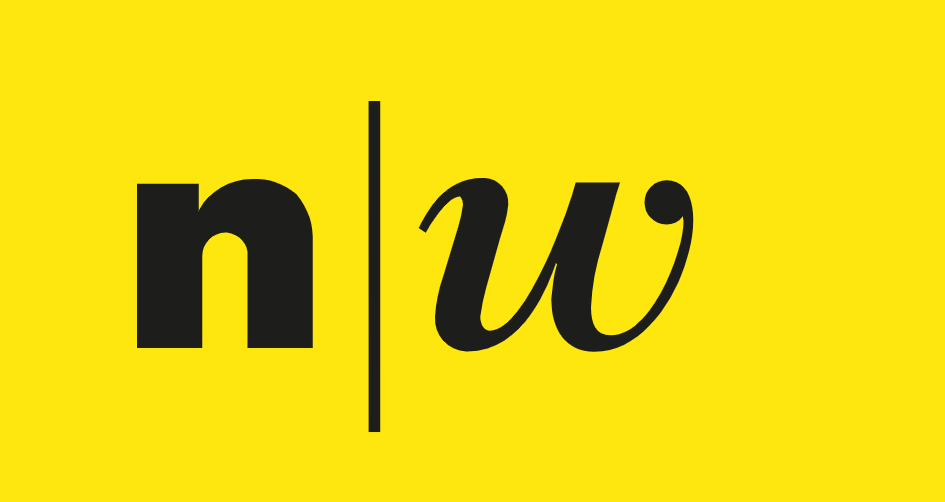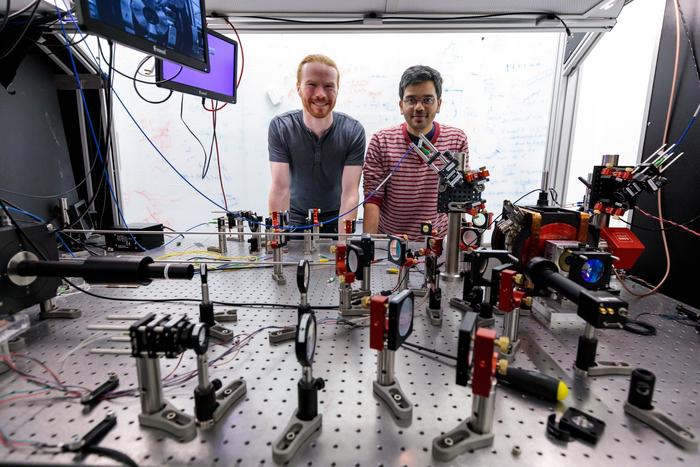By John Devaney
Quantum Standards Manager at the National Physical Laboratory (NPL)
Mention standards and some entrepreneurs might think of governmental bodies debating the minutia of a technology while standing in the way of progress.
But the opposite is true. Standards are essential to creating a fair marketplace where businesses know what they are offering – and customers know exactly what they are receiving. Standards do not stand in the way of progress; when formulated fairly and correctly, they create the path to progress.
For the quantum industry, developing a correct set of standards is vital. First, quantum technology is relatively new and growing fast. It’s perhaps the most complex technology in history, which prompts debate on a range of issues relating to quantum. For example, there are currently discussions on how to properly measure the performance of a quantum computer and how to ensure an algorithm can withstand probing by a quantum-enabled hacker.
Quantum technology also raises significant concerns related to national defence and global security, including the development of hack-proof communication networks and innovative forms of satellite-free navigation.

The next step is how to measure quantum and how to do so repeatedly and believably. Without agreed standards in all the domains developing in the quantum industry, creating markets will be challenging, if not impossible.
At its simplest, the purpose of standards is for a seller to convince a buyer they are getting what they expect: and for the buyer to have confidence in what they have bought. Scientists and policymakers are currently working on developing confidence by defining standards across the range of quantum applications, including:
Quantum Communication: Standards in the quantum communication sector ensure the secure and efficient exchange of quantum information by providing a common framework for protocols and hardware compatibility. They enable interoperability between different quantum communication systems, which in turn fosters widespread adoption and trust in quantum encryption and quantum network technologies.
Quantum Sensors: Standards for quantum sensors establish uniform measurement protocols and accuracy benchmarks facilitating the reliable detection and quantification of subtle physical phenomena. These standards are critical for applications ranging from precise environmental monitoring to the development of advanced medical devices, ensuring consistent and comparable results across diverse sensor technologies.
Quantum Imaging: Standards for quantum imaging harmonise data acquisition and analysis methodologies, allowing researchers and industries to benchmark the performance of quantum-based systems. This standardised foundation enables advancements in fields such as medical diagnostics, materials characterisation, and security screening, promoting innovation and trust in quantum-enabled imaging solutions.
Quantum Computing: Standardisation in quantum computing benchmarks crucial performance metrics like coherence times and gate fidelity. By providing uniform measurement methodologies, these standards enable accurate comparisons between different quantum processors, fostering transparency, trust, and healthy competition within the industry. This in turn ensures the development of more robust and reliable quantum computing hardware, accelerating the realisation of quantum computing’s transformative potential in various fields.
Quantum nationalism meets quantum internationalism
From a global perspective, the standardisation process is beneficial in promoting the creation of a global quantum supply chain maximising the contribution of every nation involved.
Standardisation is sometimes criticised as a form of protectionism but when all interested countries have strong voices to represent their unique talents and skills at the level of global negotiation, and the standards development process is well managed, all interests can be accommodated. In turn, the standards developed support a cohesive network of quantum technology suppliers and customers.
Having a strong voice in those talks, particularly with regard to the complex ecosystem of quantum technology, is essential. Although not protectionist, each country has to ensure its interests are represented.
Let’s say your country is invested in a particular qubit technology or set of laser wavelengths. But those options are not advocated for in standards development, and so their omission becomes a barrier to market acceptance. The result might mean not only would a nation’s quantum sector suffer, but ultimately, without fair representation, the global quantum ecosystem could become less competitive. Omissions can be addressed but the process takes time, which is why it pays to be involved from the very start.
Advocacy and standards
For the quantum industry to properly develop and grow, the standards process must lead the way by anticipating new advances and obstacles, and also achieving new breakthroughs for those following to build on.
The key to ensuring national quantum ecosystems have a role in the creation of the international quantum industry is advocacy. A large proportion of the quantum industry is made up of small startups with limited time and resources. The technologists at these startups might not have the bandwidth to take part in the discussions and R&D to devise the agreed shared standards to provide the framework for the quantum industry to follow.
In these circumstances, government-backed national scientific institutions can act on startups’ behalf and represent their interests. These institutions have the experience and in-depth understanding – and the physical laboratory facilities – to carry out their own research on everything from quantum communication to quantum sensors, sensing and imaging, and the building blocks of quantum computers.
Importantly, these institutions can take on the vital role of joining national and international quantum working groups that together identify and examine new challenges but also new applications and usage models. Far from stifling innovation, the standards process and those involved in it are responsible for opening up opportunities and also defining and driving the future direction for the wider quantum industry to follow and grow into.
For more market insights, check out our latest quantum computing news here.


















